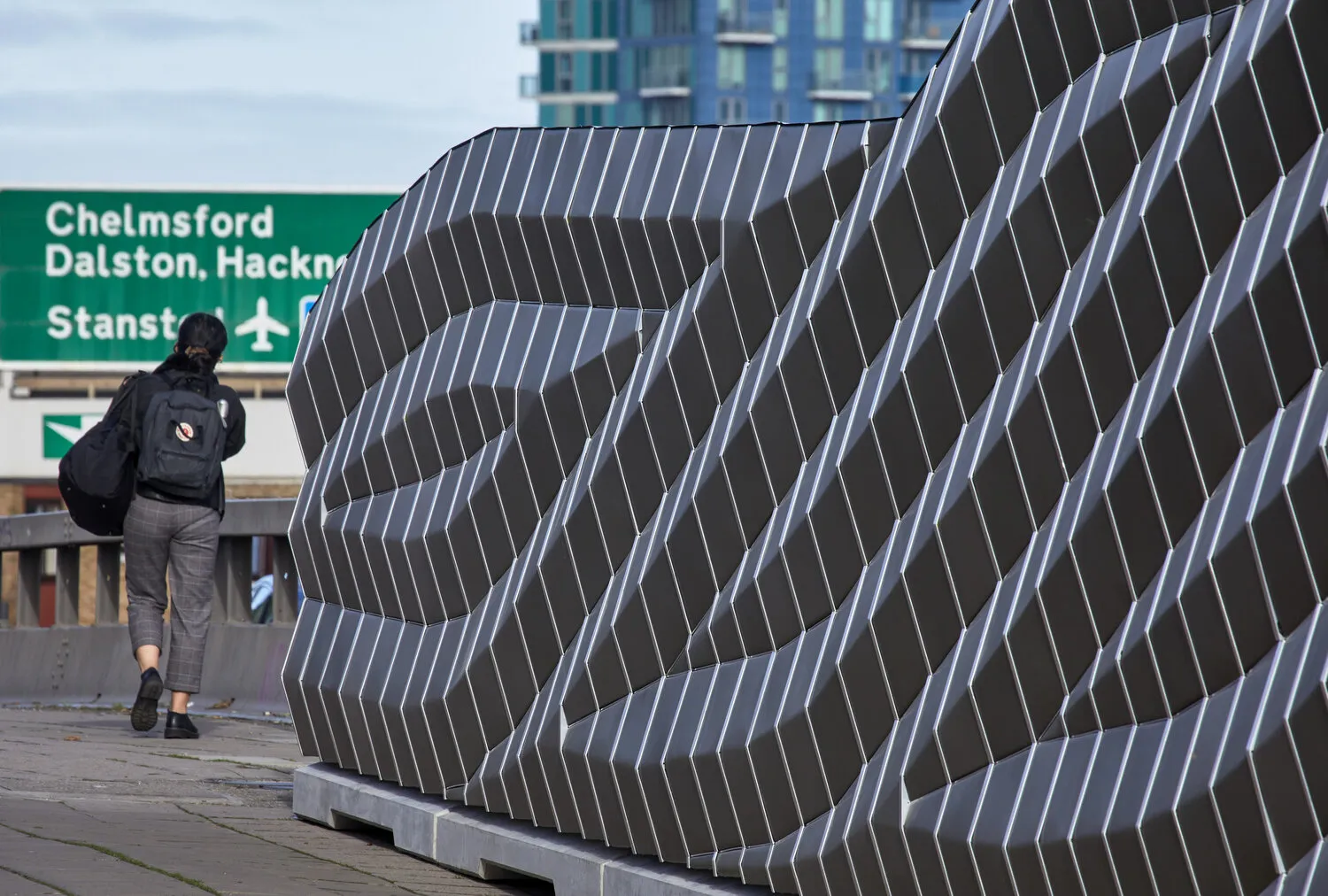French chemical light maker Cyalume Technologies, working in collaboration with British company Amey, has adapted the existing features of Cyalume Snaplights to the specific needs of railway maintenance work on UK railways. The light sticks now provide a guaranteed 12 hours of light, resulting in improved safety for workers and making it easier to locate cables which had previously been marked only by a stroke of spray paint, which is not visible at night.
March 19, 2012
Read time: 2 mins

French chemical light maker 4073 Cyalume Technologies, working in collaboration with British company Amey, has adapted the existing features of Cyalume Snaplights to the specific needs of railway maintenance work on UK railways. The light sticks now provide a guaranteed 12 hours of light, resulting in improved safety for workers and making it easier to locate cables which had previously been marked only by a stroke of spray paint, which is not visible at night. Additionally, use of these variously coloured, maintenance-free light tubes alerts all rail workers to potential hazards and helps distinguish personnel belonging different divisions. They also serve as an alternative to traditional rail yard lighting towers, usually powered by generators.
As Nathalie Rizzo, CEO of Cyalume Technologies, points out, the product development carried out with the the rail industry is entirely transferable to other sectors. “Easy to use and economical, Cyalume light sticks may well prove to be a major factor in improving safety conditions for a variety of infrastructure maintenance sites, as well as emergency services such as fire and police,” she said.
As Nathalie Rizzo, CEO of Cyalume Technologies, points out, the product development carried out with the the rail industry is entirely transferable to other sectors. “Easy to use and economical, Cyalume light sticks may well prove to be a major factor in improving safety conditions for a variety of infrastructure maintenance sites, as well as emergency services such as fire and police,” she said.










